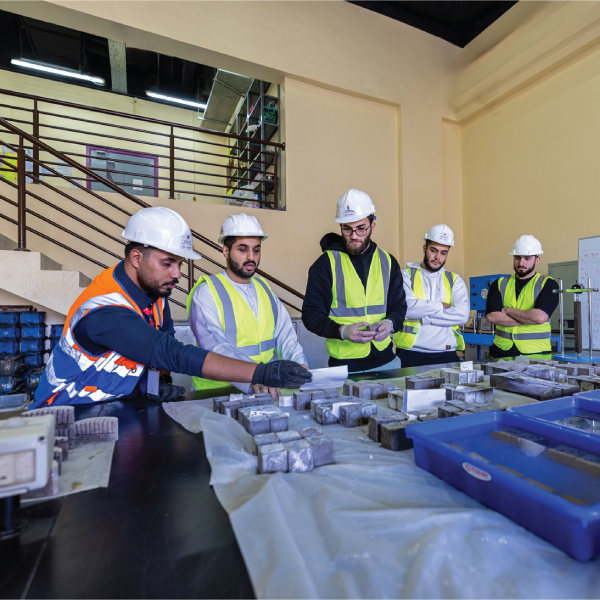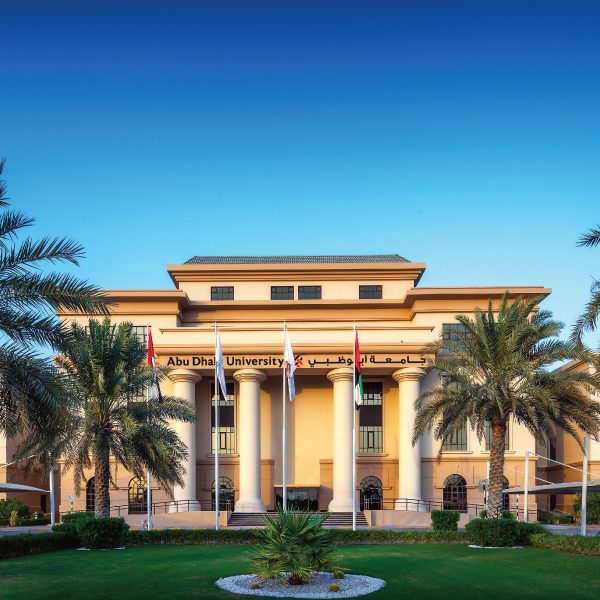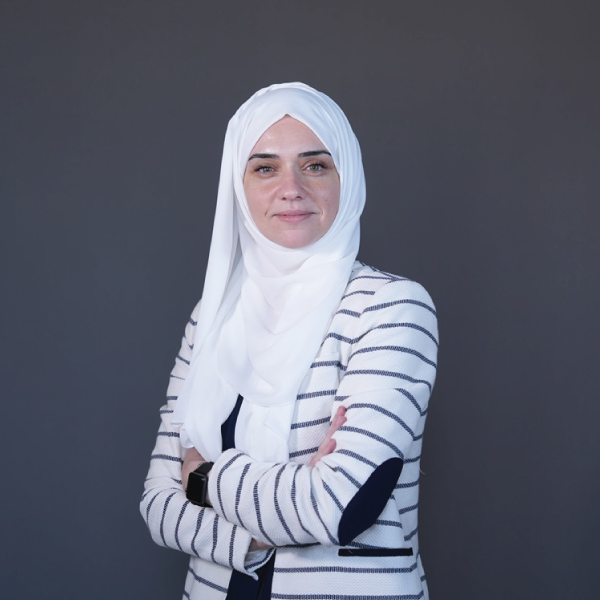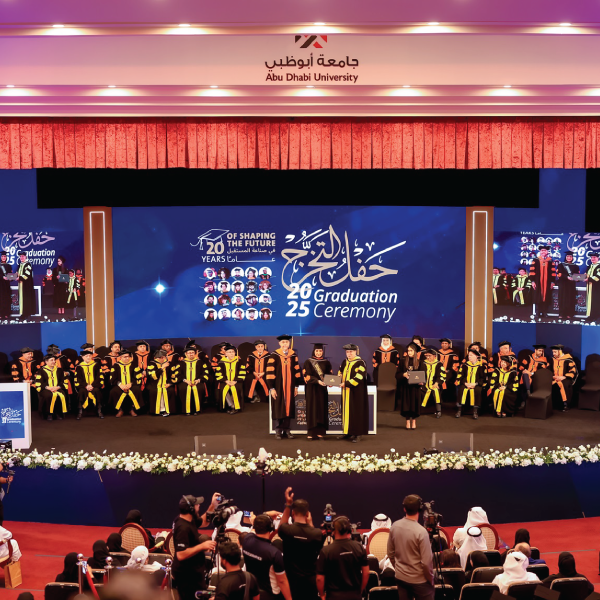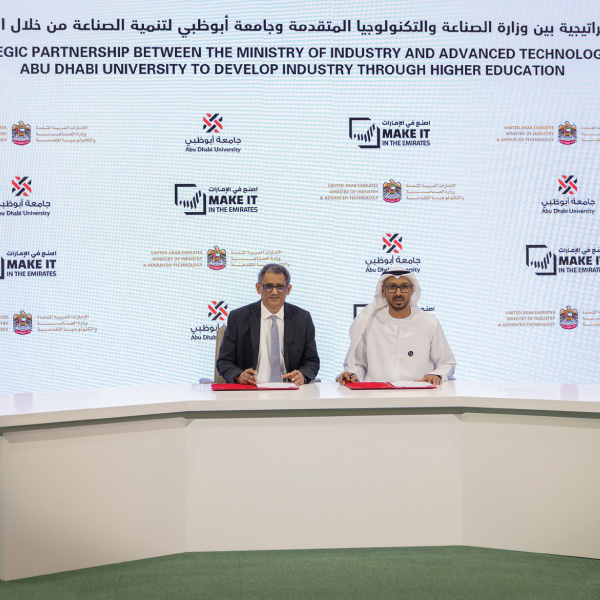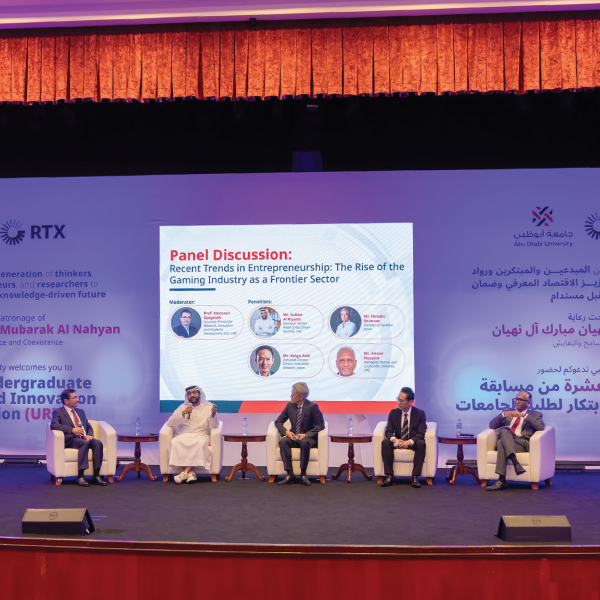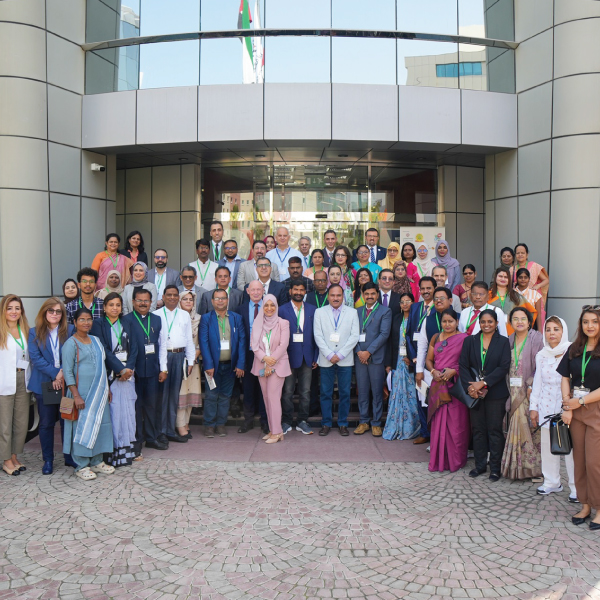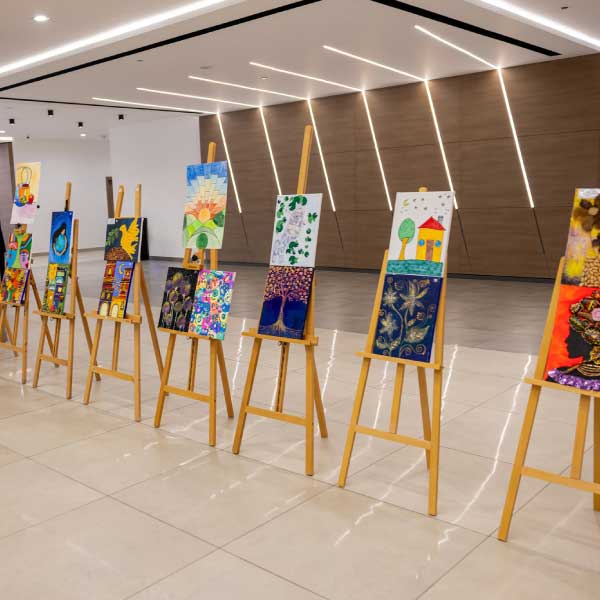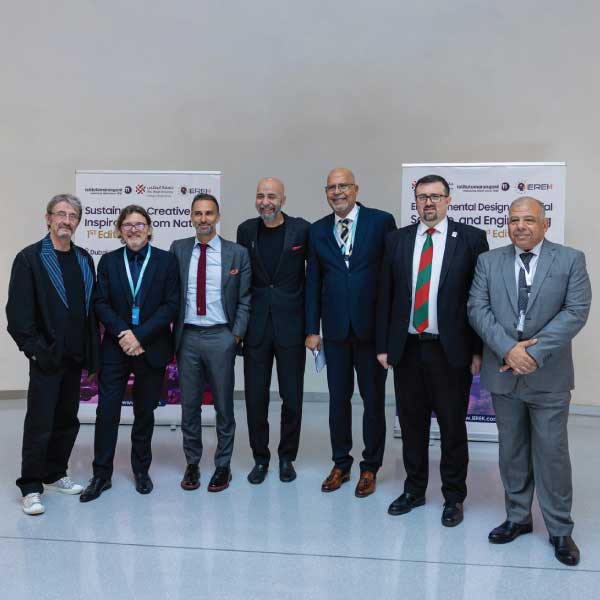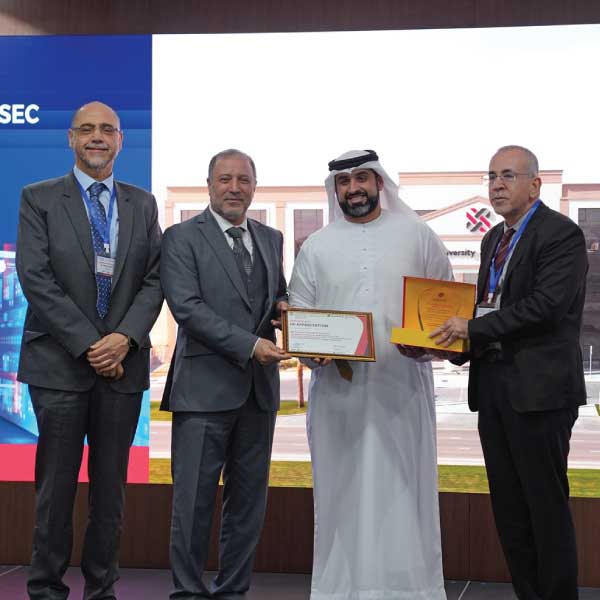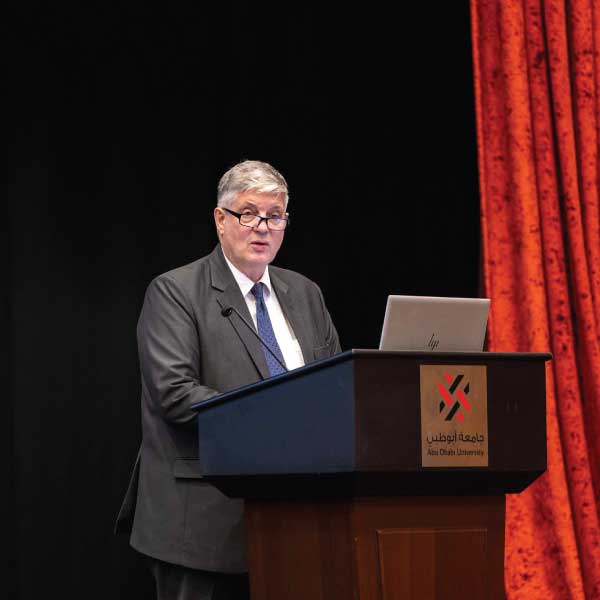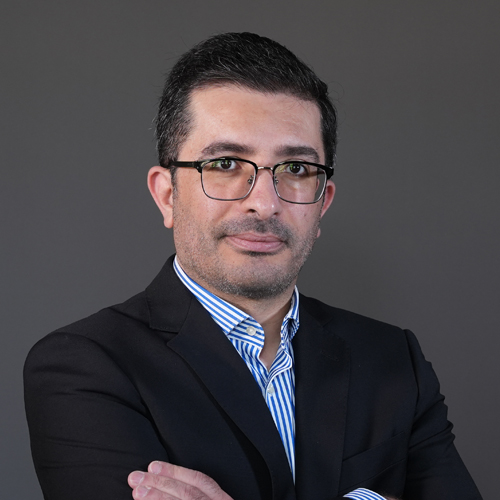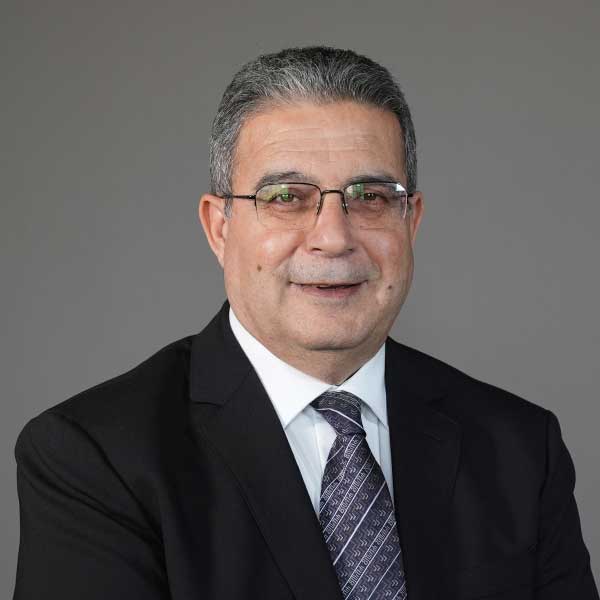08 July, 2025
Abu Dhabi University Expands Academic Portfolio to 65 with 21 New Futu...
23 June, 2025
Abu Dhabi University Rises 110 Places in QS World University Rankings ...
20 June, 2025
Abu Dhabi University Faculty Member Secures German Patent for Breakthr...
18 June, 2025
Abu Dhabi University Celebrates Graduation of 18th Cohort Across Five ...
03 June, 2025
Abu Dhabi University Signs MoU with Ministry of Industry and Advanced ...
02 June, 2025
ADU Elevates Innovation at the 12th URIC, MENA’s Premier Undergraduate...
28 May, 2025
ADU Hosts Second International Conference on Global Sustainable Develo...
08 May, 2025
Abu Dhabi University Hosts Seventh Women in Engineering Forum 2025
07 May, 2025
ADU Celebrates the 9th Edition of its Art for Autism Competition
02 May, 2025
ADU Wraps Up Successful International Conferences in Dubai
30 April, 2025
ADU Hosts Cybersecurity Day 5.0 in its Al Ain Campus
25 April, 2025
Abu Dhabi University Unveils 17 Future-Forward Programs Across Diverse...
21 April, 2025
Abu Dhabi University and German Embassy Convene Leaders to Reimagine S...
07 April, 2025
Abu Dhabi University Surpasses 4,000 Research Publications in the Inte...
25 March, 2025
Abu Dhabi University Joins 4th Generation University Initiative to Ele...
